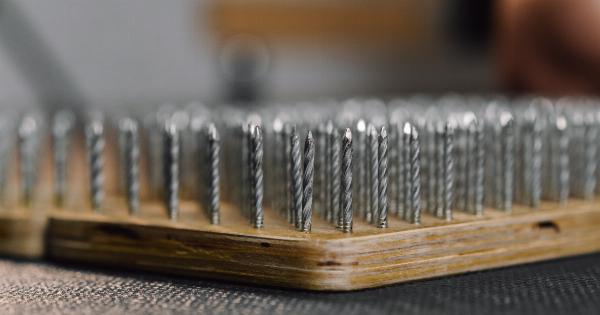For women considering delaying motherhood due to career goals, health concerns, or personal reasons, egg freezing has become a popular option.
Egg freezing, also known as oocyte cryopreservation, is a medical procedure that involves harvesting and freezing a woman’s eggs for later use.
Process of Egg Freezing
The process of egg freezing typically involves three main steps:.
- 1. Ovarian stimulation: The patient receives hormone injections to stimulate her ovaries to produce multiple eggs.
- 2. Egg retrieval: The eggs are retrieved from the ovaries by a needle under local anesthesia and sedation.
- 3. Freezing: The eggs are flash-frozen using a process called vitrification and stored in liquid nitrogen until they are needed.
Reasons for Egg Freezing
There are different reasons why women choose to freeze their eggs including:.
- Delay childbearing: Women who want to focus on their career, education, or personal goals often choose to freeze their eggs because fertility declines as women age.
- Health reasons: Some women may need to undergo medical treatments like chemotherapy or radiation that may affect their fertility. By freezing their eggs before undergoing treatment, women can increase their chances of having a biological child later.
- Genetic reasons: Women who have a family history of early menopause or premature ovarian failure may choose to freeze their eggs to preserve their fertility.
- Social reasons: Women who are not in a stable relationship or have not found a suitable partner may choose to freeze their eggs as a backup plan.
Success Rates of Egg Freezing
The success rates of egg freezing depend on several factors including the age of the woman, the number of eggs retrieved, and the quality of the eggs.
Younger women tend to have higher success rates than older women because they produce more and higher-quality eggs. According to the American Society of Reproductive Medicine, the success rates of egg freezing are:.
- 30-35% for women under 35 years old
- 25% for women between 35-37 years old
- 15-20% for women between 38-40 years old
Cost of Egg Freezing
Egg freezing can be expensive and is not always covered by insurance. The cost of egg freezing can vary depending on the location, clinic, and the number of cycles required.
The initial cycle can cost around $10,000 – $15,000, and additional cycles may cost between $5,000 – $8,000. There may also be additional costs for medications, testing, and storage fees.
Risks and Side Effects of Egg Freezing
Like any medical procedure, egg freezing has potential risks and side effects. Some common risks and side effects include:.
- Bloating
- Discomfort or pain
- Infection
- Reaction to anesthesia or medication
- Emotional stress or anxiety
There is also a small risk of damage to the eggs during the freezing and thawing process. However, the use of vitrification has improved the survival rates of frozen eggs dramatically.
Considerations Before Freezing Your Eggs
Before deciding to freeze your eggs, there are a few factors to consider:.
- Age: The younger you are when you freeze your eggs, the better your chances of success.
- Medical history: Some medical conditions may affect fertility, and it’s important to discuss your medical history with your doctor.
- Cost: Egg freezing can be expensive, and it’s important to understand the cost and potential financial impact.
- Lifestyle changes: After egg retrieval, you may need to avoid certain activities such as exercise or sex for a short period.
- Future plans: Consider your future plans and goals to determine if egg freezing is the right choice for you.
Conclusion
Egg freezing provides women with an option to delay motherhood or preserve their fertility due to medical or personal reasons. However, it’s important to understand the process, risks, and potential costs before making a decision.
By discussing your medical history, lifestyle, and future plans with your doctor, you can determine if egg freezing is the right choice for you.






























